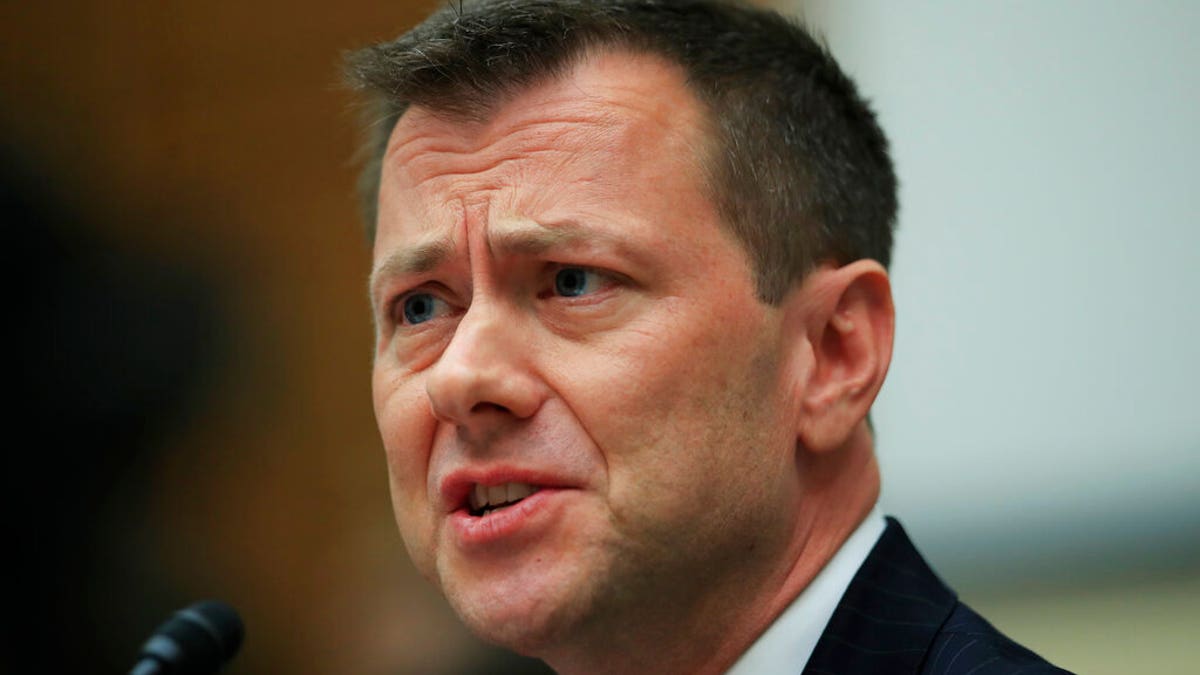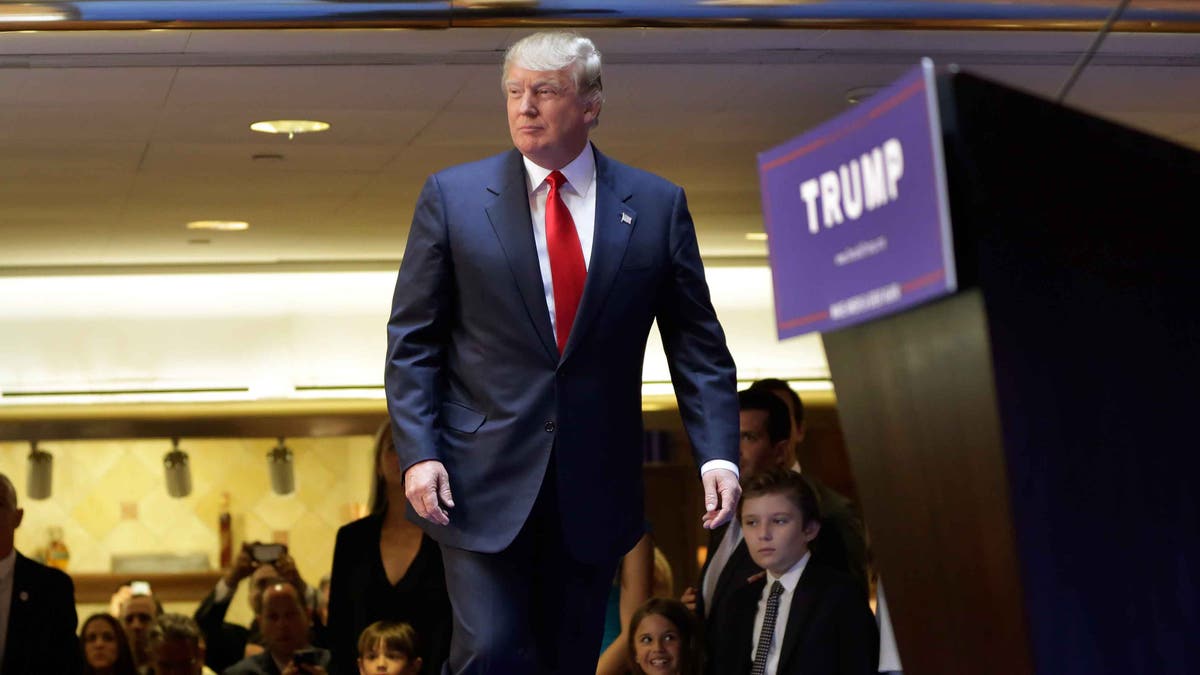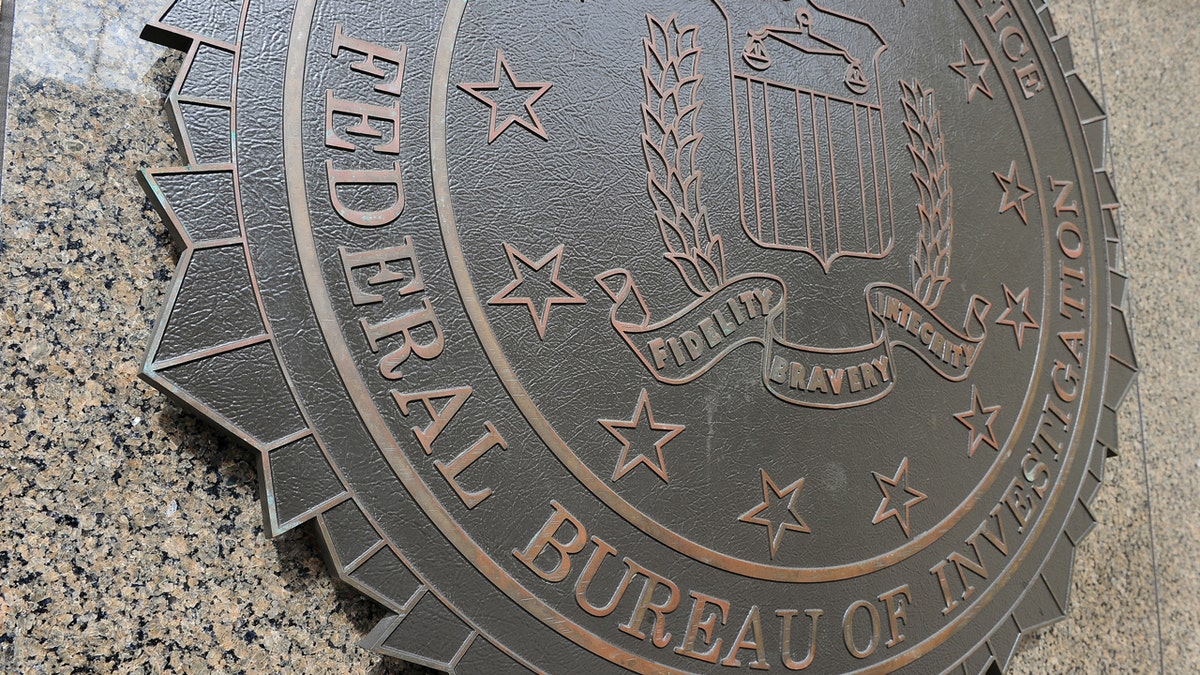Media top headlines February 10
In media news today, NPR gets mocked for an article on ‘white privilege’ emoji’s, an MSNBC contributor criticizes his own network for comparing Alabama congressional maps to Jim Crow, and a Washington Post columnist mocks CNN anchors for ‘whimpering’ over Jeff Zucker’s exit.
MSNBC's Nicolle Wallace claimed Wednesday that former President Donald Trump "exploited" Peter Strzok's disgraced departure from the FBI and the Robert Mueller investigation into alleged Russian interference within the 2016 elections.
Strzok was fired from the FBI and DOJ after text messages were uncovered between him and Lisa Page, then an FBI lawyer, which were critical of Trump. The former agent later sued and claimed the termination was wrought by pressure from the Trump White House.
Wallace said, "You didn't leave by your own choice. I mean, you left … a scandal that was, I don't know that there's anything that happened that was more exploited by Donald Trump than the way that you left the FBI. Is that sort of a difficulty on top of difficulty?"

Former FBI Deputy Assistant Director Peter Strzok, testifies on Capitol Hill in Washington. (AP Photo/Manuel Balce Ceneta, File)
Strzok, who rose to become deputy assistant director for counterintelligence at the bureau, then went on to claim the release of his private text messages was "illegal."
"Without a question … being fired in the context of DOJ's illegal release of … some private communications I had, and having that just seized upon by the White House, by Trump's allies in Congress, by right-wing media … added a certain level of … trauma," Strzok said.

Donald Trump (AP Photo/Richard Drew)
Wallace asked whether it was "hard" to leave his job amid the scandal.
CLICK HERE TO GET THE FOX NEWS APP
"It's hard. You know, I miss it," Strzok replied. "I loved the job. It was something that was challenging with amazing colleagues, [and] for a real important purpose."
"It's hard to leave just out of, you know, spending two decades of working a job. But then particularly, you know, you see the challenges that we're facing now and of course … I still want to be in the fight. And so it's hard."

FBI Building in Washington (REUTERS/Mary F. Calvert)
Strzok added that his FBI training in hostile places overseas helped him to weather the public scandal.
After he was removed from the Mueller investigation, Strzok said, "There was a sense that special counsel Mueller absolutely wanted to run an investigation that was not only independent but also presented the appearance of independence, and the concern that these texts might be construed otherwise."










































